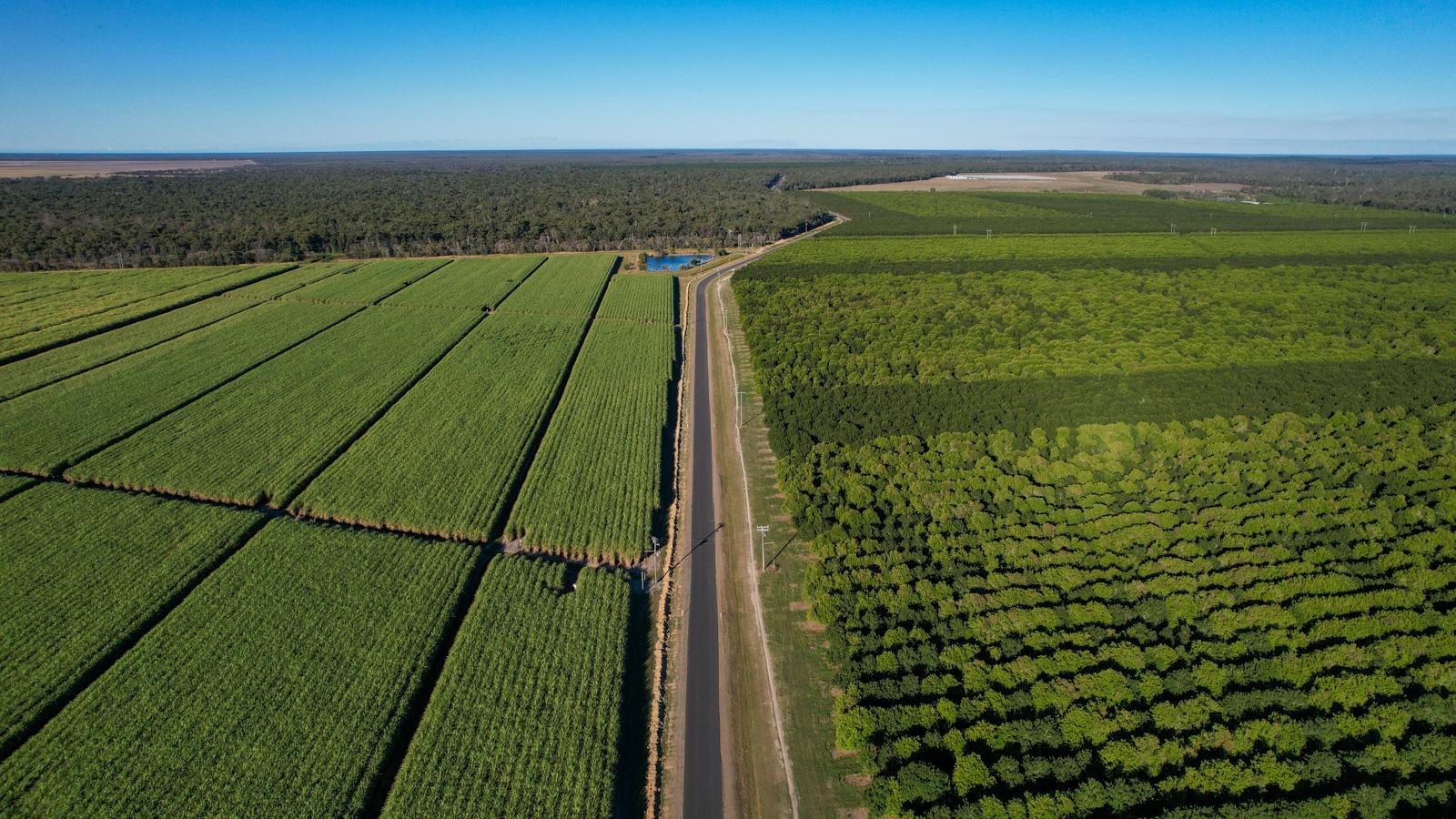Budget
Council adopted its 2024-2025 budget at a Special Meeting held 28 June, 2024.
Budget Document 2024-2025 Mayor's Message
Budget 2024-2025 Infographic Budget Media Releases
Declared Service Area Maps Archived budget documents
Understanding Council’s budget and budget terms
Council budgets are complex and you’ll often hear us referring to technical or financial terms.
To help to make our messaging clearer here’s more information about budget terms and some frequently asked questions.
Budget terms
Rates and charges
Councils charge rates to raise revenue so they can provide services and infrastructure to their communities. Each year, as part of the budget process, Councils decide the rates and charges for the financial year.
General rates
General rates are levied on all properties which are not exempt under legislation and contribute towards all Council services other than waste, water and wastewater. A rate is levied based on the unimproved value of the land.
The unimproved value of the land is determined by the State Government and valuations are typically updated every two years.
Differential general rate
Particular land uses can contribute to an increased cost of providing services and facilities. Accordingly, Council may determine different categories of rateable land based on land use, access or consumption of Council services.
Council may levy a different rate in the dollar for each category in calculating the rate amount.
Rate-in-the-dollar
Council’s budget determines how much money it needs to deliver its services to the community. Council then calculates how much each category of ratepayers should contribute to these services.
The unimproved land values of properties in these categories are then assessed against the total to determine the rate-in-the dollar that will apply to that category.
Minimum general rate
The minimum amount of general rates payable, irrespective of valuation, which reflects the principle that all ratepayers make a meaningful contribution.
Utility charge
A charge for the provision of water, wastewater or waste collection services for properties that are within declared service areas. Council water charges have a two-part charge for infrastructure and consumption.
There is no consumption included with the infrastructure charge - that is you pay for all the water you use.
Debt or deficit?
A debt is borrowed money that must be repaid.
A deficit is the amount by which expenditure exceeds income.
For example, if Council has an operational deficit, this is not a debt. It is the amount by which the cost to deliver services exceeds the revenue it will receive in that financial year.
Surplus
A surplus is the amount by which income exceeds expenditure. It is Council’s objective to have a surplus each financial year.
Depreciation
Council’s care for a wide range of community assets from water treatment plants to bridges. Just like your car, the value of those assets declines over time as the asset experiences wear and tear.
Depreciation expense is the cost of this wear and tear. This cost is quarantined in the financial accounts and used to fund replacement and repair of these assets at some point in the future.
Councils should ensure these funds are available for future investment and not use them to fund new assets as the funds may not be available if and when existing assets fail.
Given the significant asset base that Bundaberg Regional Council has (around $3 billion), depreciation expense reflects a significant cost and accounts for 28 per cent of Council’s operating budget.
FAQs
What do my general rates actually pay for?
General rates are crucial to the operation of Council and the many Council services that help to build our community and make it a vibrant and welcoming place to live.
For example, for every $100 residents pay in general rates, Council spends:
- $45 on roads, drainage and pathways
- $20 on parks, sports and natural environment
- $19 on community services and disaster management
- $8 on events, arts, culture, tourism and community facilities
- $3 on corporate services and governance
- $2 on development
- $2 on health and regulatory services
- $1 on economic development and Bundaberg Airport
Read more in our Budget 2024-25 infographic.
There’s no services where I live, what do I get for my rates?
Households which receive services for water, wastewater and waste collection pay direct charges – that is, if you don’t have these services, you don’t pay for them. But every household pays a general rate.
General rates are crucial to the operation of Council and the many Council services that help to build our community and make it a vibrant and welcoming place to live.This includes the roads which connect our community, parks, libraries and even community events. In Bundaberg Regional Council’s case, it also includes art galleries, a theatre and community services like neighbourhood centres.
If Council didn’t collect a general rate, it would not be possible to continue to offer these valued services to our community which are such a big part of what makes our region a great place to live, work, play and invest.
Why do people who live in big cities pay less rates?
It is difficult to make a meaningful comparison between one Council’s rates and another’s because there are so many unique factors which make up each community. Due to the sheer size of our region we have a lot of infrastructure and facilities to care for but not as many ratepayers as some other areas to contribute to its upkeep.
For example, the Bundaberg Region has 16.2 people per square kilometre compared to somewhere like Brisbane City which has 985.4 people per square kilometre.
Read more in our Budget Document 2024-25
Source: Department of Housing, Local Government, Planning and Public Works

